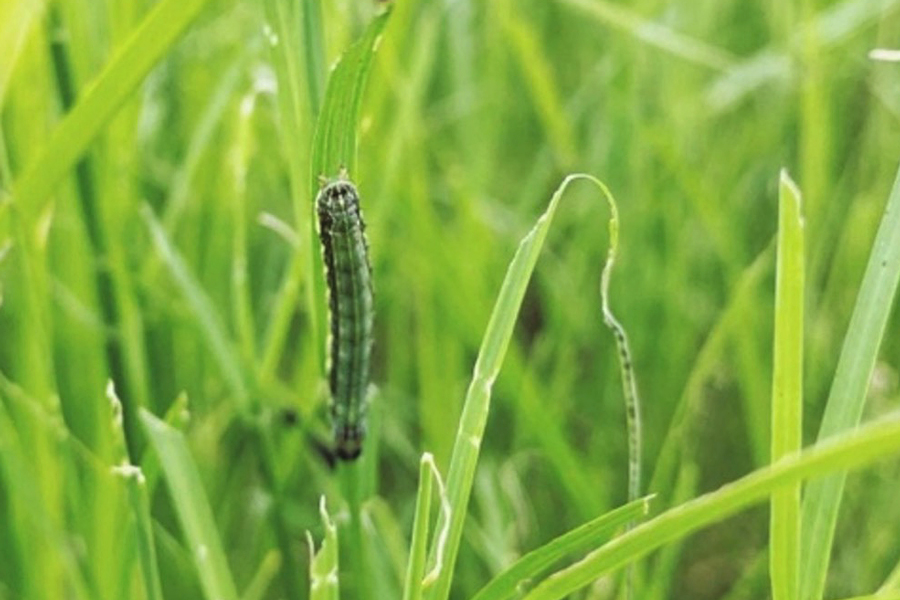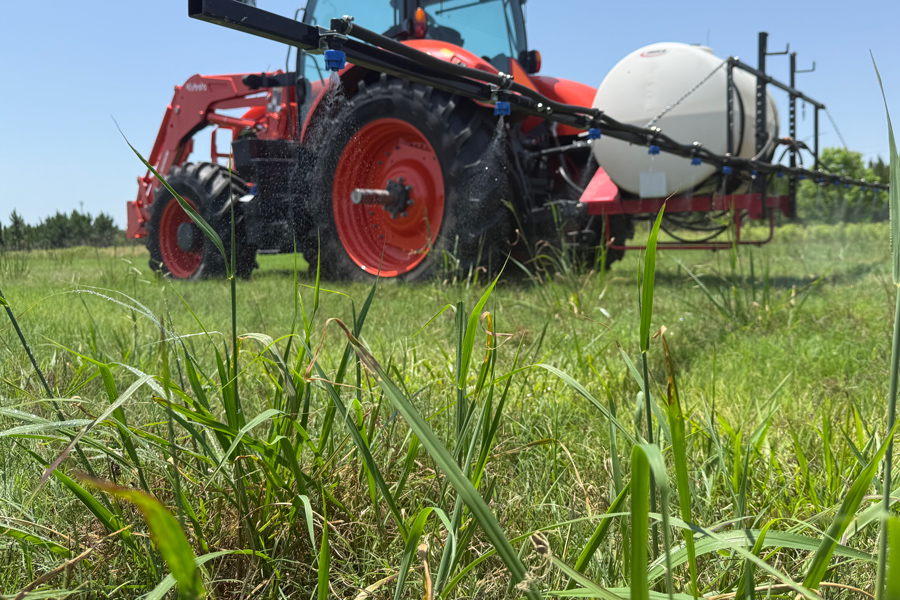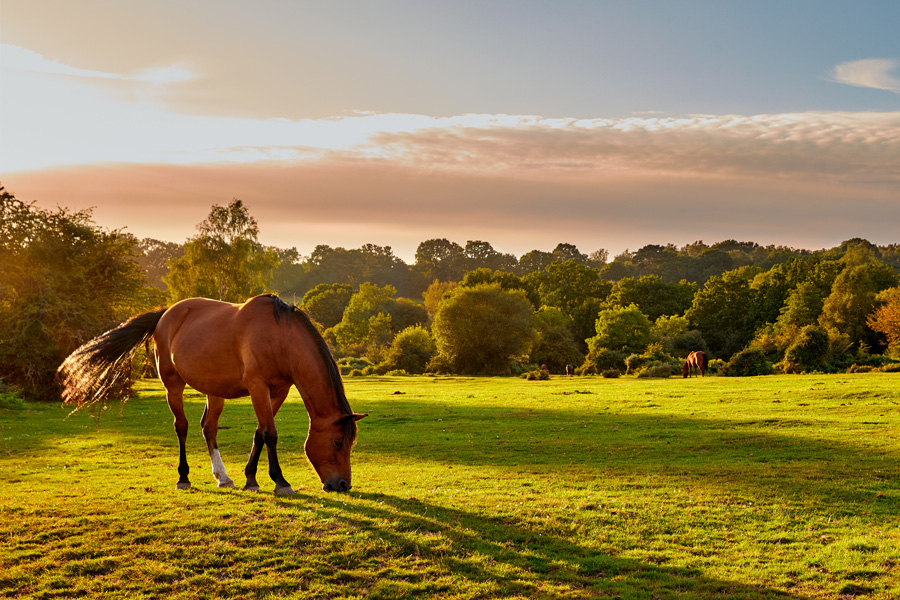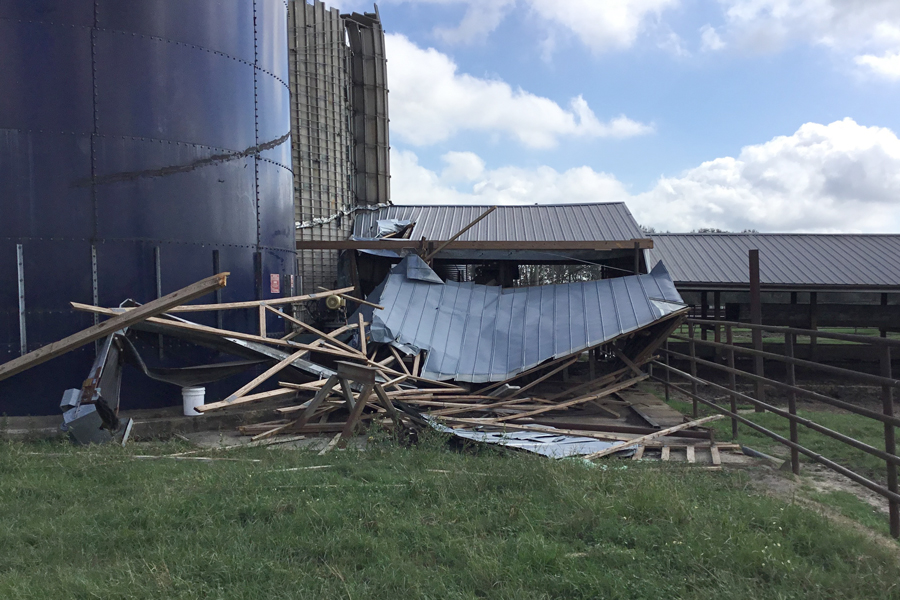Forages
-

This resource will help county agents, producers, and industry professionals learn about planting and growing annual forages in Georgia. These annual species fill critical gaps in both forage and crop production seasons.
Lisa Baxter and Taylor Randell Singleton
|
-

Fall armyworms can quickly decimate a field of any forage crop or pasture, often eating higher quality forage first. Growers and farmers can face severe economic damage and total forage loss. Anyone growing forage or pasture used to feed livestock can use this publication to find answers to the most common questions about fall armyworm in Georgia pastures and hayfields.
Savannah Tanner, Lisa Baxter, and Shanna Reynolds
|
-

Vaseygrass is a warm-season perennial grass weed commonly found in pastures and hayfields in the southern half of Georgia. Recently, vaseygrass has begun to spread north in Georgia and can now be found sporadically throughout the Piedmont region of the state.
Lisa Baxter
|
-

A handy reference for horse owners and land managers to help identify weeds that are toxic to horses, with pictures to aid identification, a brief description of the plants, and the specific toxicity symptoms associated with common weeds and trees that are poisonous to horses. It also gives tips on how to better manage pastures to prevent pasture-related plant toxicities. This publication is suitable for a general audience concerned with equine health and pasture safety.
Kylee Jo Duberstein
|
-

SB 28-10
Alfalfa
Commercial insect and weed control in alfalfa. Updated annually.
G. David Buntin and Allison Faye Johnson
|
-

SB 28-14
Clover
Commercial insect and weed control in clover. Updated annually.
Allison Faye Johnson, Lisa Baxter, and Taylor Randell Singleton
|
-

SB 28-25
Perennial Grass, Pasture, and Forage
Commercial insect and weed control in perennial grasses, pastures, and forages. Updated annually.
William G. Hudson, G. David Buntin, Patrick E McCullough, and Allison Faye Johnson
|
-

Commercial insect and weed control in summer and winter temporary grazing. Updated annually.
William G. Hudson, G. David Buntin, and Allison Faye Johnson
|
-

As a result of significant weather events, many producers in Georgia may experience losses of pasture growth, hay stocks, feed supplies, and livestock. After such events occur, farmers will be assessing damage to fields, stock, and property for many days, weeks, months. This publication is intended to provide recommendations to farmers that have experienced adverse affects due to significant weather in their forage and livestock production systems.
Dennis Hancock, Lawton Stewart, and Jennifer J. Tucker
|